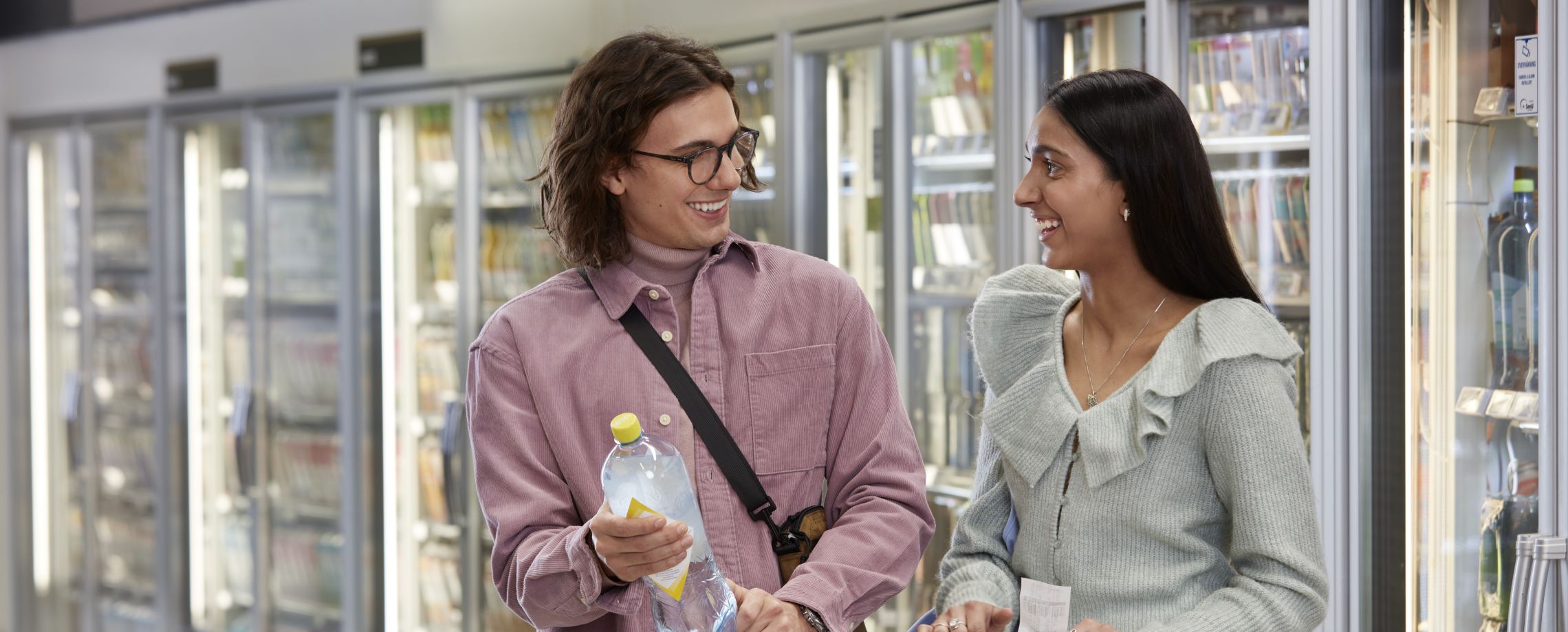What are the economic benefits for communities?
A common finding is that DRSs bring net savings for local communities.¹⁰ In 2009, Massachusetts considered expanding its DRS to additional drink categories like water. A Department of Environmental Protection study found that while municipalities would lose US$899,000 in material sales, the update would bring net savings of $4.2-6.9 million. Shifting material from curbside recycling to a DRS would save $4.2-5 million on collection costs, $0.5-2.3 million on disposal, and $500,000 on litter clean-up.
In addition to economic savings, deposit systems create jobs. A 2019 Eunomia study found that New York’s DRS supports 5,726 jobs through direct, indirect and induced effects. If the system expanded its beverage categories and introduced a higher (10-cent) deposit, it would create about 2,000 more jobs, bringing the total to 7,803.¹¹














